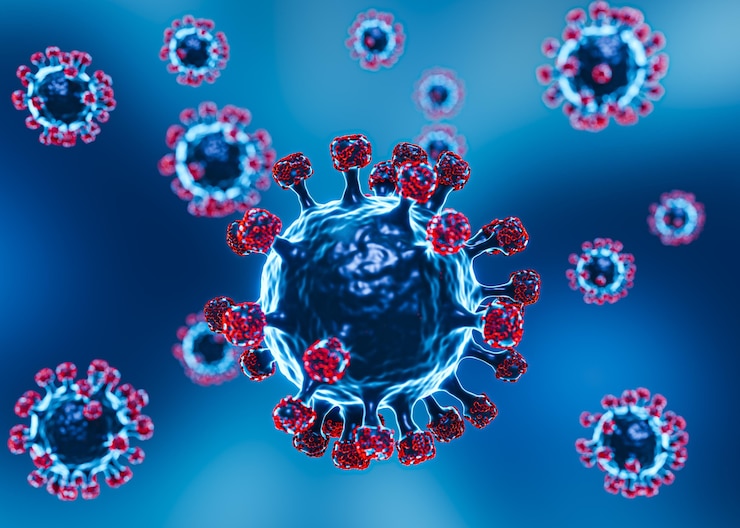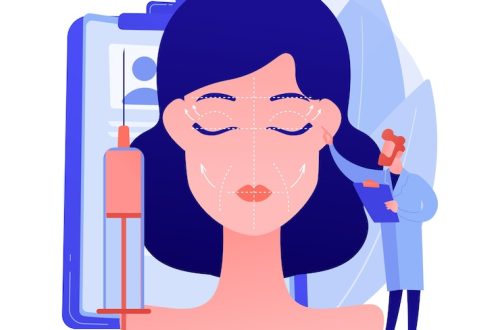
Alcohol addiction, or alcoholism, is a chronic condition that worsens over time and can have serious effects on a person’s health, relationships, and overall quality of life. Below are some common signs and symptoms to look out for:
1. Increased Tolerance
People struggling with alcohol addiction often need to drink more over time to feel the same effects.
2. Withdrawal Symptoms
When someone addicted to alcohol stops drinking or cuts back, they may experience withdrawal symptoms. These symptoms can vary in intensity and may include physical, emotional, and psychological effects such as:
– Anxiety: Feelings of nervousness, worry, or fear can emerge during withdrawal.
– Depression: A sense of sadness, hopelessness, or helplessness might arise.
– Irritability: Mood changes during withdrawal may lead to increased agitation or frustration.
– Mood Swings: Sudden and unpredictable changes in mood are common.
– Insomnia: Difficulty sleeping often occurs, contributing to fatigue and further irritability.
– Cravings: Strong, uncontrollable urges to drink can lead to frustration and emotional distress.
The severity of these symptoms depends on factors like the length and intensity of addiction, personal health, age, and any other substance use.
3. Continued Drinking Despite Negative Consequences
Even when alcohol use starts to cause health issues, legal problems, or relationship struggles, individuals with addiction may continue drinking.
4. Loss of Control
Someone with alcohol addiction may find it difficult to manage how much or how often they drink, often consuming more than they intended.
5. Neglecting Responsibilities
Alcohol addiction can result in neglecting work, school, or home responsibilities. It can also lead to a lack of self-care, such as poor personal hygiene.
6. Giving Up Activities
People may stop participating in hobbies or activities they once enjoyed, replacing them with drinking.
7. Ignoring Known Health Risks
Even when aware of the risks associated with excessive alcohol use, individuals may continue to drink.
8. Hiding or Lying About Drinking
Those struggling with alcohol addiction might try to hide how much they drink or lie about their alcohol consumption to others.
9. Relationship Problems
Alcohol addiction can strain relationships with friends, family, and romantic partners, often causing conflict and emotional distance.
10. Mood Changes
Alcohol addiction leads to various mood-related symptoms due to its effect on the brain. Some of these changes include:
– Depression: Feelings of sadness or hopelessness resulting from both the brain’s chemical changes and external issues caused by drinking.
– Anxiety: Heightened nervousness or fear, often linked to the stress of addiction and changes in brain chemistry.
– Irritability: Difficulty managing emotions, often leading to frustration and anger.
– Mood Swings: Quick and unexpected emotional shifts.
– Aggression: Increased likelihood of violent or hostile behavior, especially when drinking.
– Reduced Inhibitions: Alcohol can lower self-control, leading to risky behaviors and poor decision-making.
If you or someone you care about is experiencing these symptoms, it’s important to reach out for help. A mental health professional or addiction specialist can assess the situation and provide treatment options to support recovery and manage these challenges effectively.




